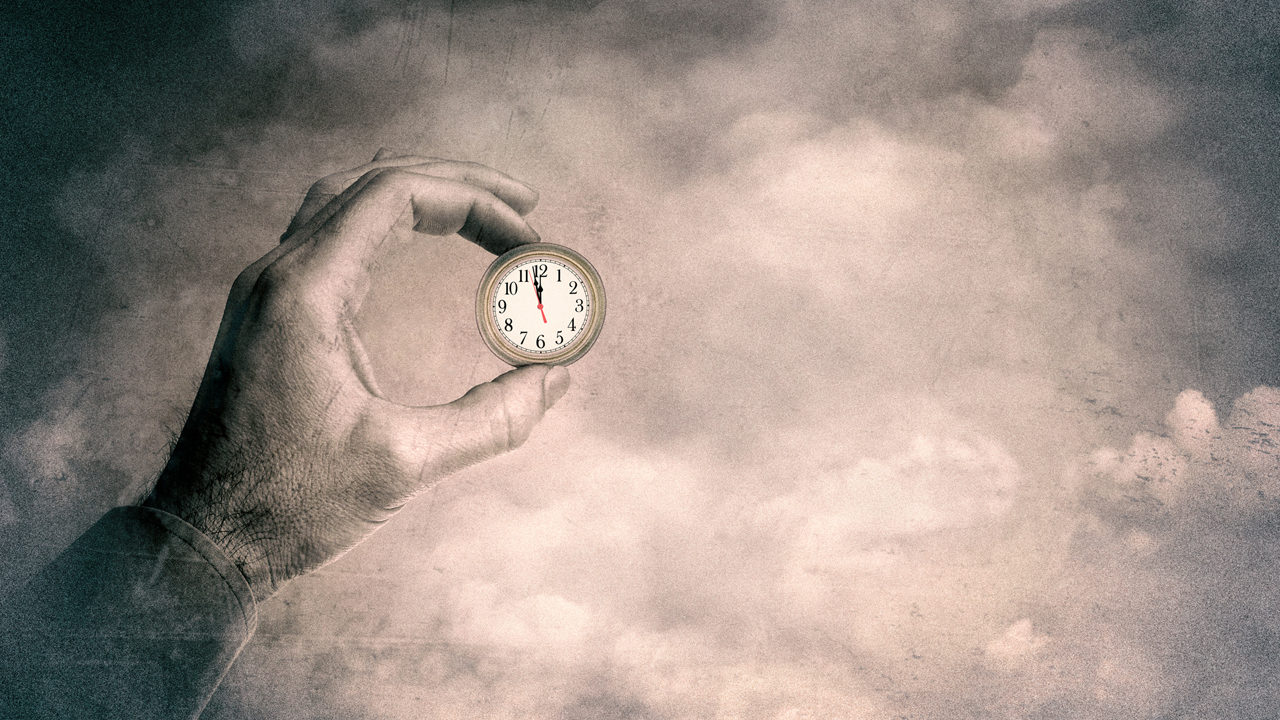Kiandra Insights
Zoom for Remote Working


Lockdown. With very little warning we were all thrown straight into it. Some of us knew it would change the way we work, but for others, they didn’t have time to think about it let alone prepare. Some would be surprised to find that video conferencing has been around forever, with some industries comfortably reliant on the technology, while others never thought they’d need it.
Remote working was very difficult for a lot of people at the start, and while Kiandra flipped the remote-working switch and we were BAU quickly, it took a good few weeks for some companies to get into a groove and get their business activities back up to a sustainable pace to ride out isolation and stay afloat.
The saving grace? From my observations, it was after-work Zoom drinks parties.
I noticed a big change, mainly in friends who were thrust from very social lives into isolation. The one thing they worked out quickly was how to continue mid-week and Friday night drinks with their friends. Suddenly, they all had a critical need to find video conferencing software which worked well and was easy to use. Zoom’s lack of security translated into ease of use, and it spread across the world like a shock wave - overnight it became a word I heard rarely to one I heard endlessly. Overnight, huge groups of people who didn't even know how to use video conferencing were holding regular successful 'meetings', got to achieve set outcomes, and adjusted to it being a necessary and normal experience.
This hasn’t been the first time something like this happened, those that remember the Microsoft Solitaire card game, might be surprised to find out that it was created to usher in the mouse. Microsoft used it as an irresistible carrot to help us adapt quickly to this new way and it worked with a resounding success. While we're on the topic of Solitaire, it just turned 30 so hap hap happy birthday, old friend!
Empowering people with the right tools
Meeting face to face is fast becoming a luxury, so my advice to the world is take that new tech confidence and put some good business continuity tools in place. Make sure you can continue your work in as much fidelity as possible, not just in preparation for the next pandemic, but make them the norm so your future remote workers can be as engaged and included as possible. This helps you get the best from them, because they're empowered with the best tools. Don't just find tools to service internal work needs but keep the customer contact front of mind too; if there’s no customer, there’s no business. In Kiandra's case, our biggest risk was our discovery phase. It's when we determine and form the solution clients need, and where the enormous knowledge transfer happens between us and our clients at beginning of a project or a sales opportunity. Our leaders, Cam, Marty and Cassie had the foresight to recognise this early, so I locked myself in a room for a couple of days and built this:
Making discovery easier with the Miro Whiteboard
This Miro digital and infinite whiteboard can be accessed by multiple users (Kiandra staff and clients) all at the same time, in both an interactive and a passive way. It makes the discovery experience more enjoyable and engaging for the participants, plus anyone can look at the outputs at any point in time and its presentation mode enables clients to present back to their company what transpired during discovery. Each of the discrete boxes on the end of a connecting line is one of our discovery activities, and whilst we tailor every discovery to the project, what I built is largely the full set of what we might do.
One of our Senior Business Analysts, Leila, is always up with newest and left field techniques and is a master at facilitating, so in her case, if she wanted to try a new activity out, adding it onto our board for re-use would take less than an hour and it was ready to go. This not only helped our business continue but gave our new clients confidence in our remote capabilities. Our existing clients know we work really well remotely already from typical everyday experience, and that is a reputation all companies need aim for now.
The way we work has changed forever
As a company full of introverts, and with a well-established ‘work from anywhere’ policy, I suspect we've changed forever now. We’ve already closed the gap and empowered remote workers to be no different to those in the office. Meeting free Wednesday was already in place before COVID-19, and most of the office would work from home then. But now people are talking about doing a couple of days a week from home, and Kiandra's view is that we're all adults aligned to a common goal - so if the work gets done, why not? There are some simple things we've found are key to good remote meeting etiquette which adopting as defaults will give you the best chance of success:
- Circulate an agenda with break allowances just as you would for an in-person meeting.
- Keep to the agenda, and remind participants they can completely disconnect at break times.
- Mute your phones and don't take calls, it's just as rude as it is in-person.
- Some interruptions are unavoidable, so use politely excuse yourself from the group and introduce that you're back so as not to interrupt the flow for other participants.
- If your network performance drops, turn off your video immediately. Save that all-important bandwidth!
- If a group of you are in one location, use a USB microphone such as a Jabra, otherwise remote people will just hear a jumble of noise and struggle to follow.
- If you don't understand something, ask for a recap, its important everyone stays aligned.
- For large conferences, mute yourself to reduce background noise, then unmute to talk.
- If you need a break, ask, chances are other are feeling the same.
- If your cat pays you a visit, we have a rule that you have to put them in front of the camera and introduce them, because we absolutely want to meet them.
Thinking it’s your employers' job to find and commission remote tools is not a great mindset - I personally think it’s part of everyone’s role to find ways to work better. Because keeping your company doing business and operating regardless of what’s going on in the world means you keep your job in times like these. There are so many tools that can help you, lots of them with a free tier too; and there are so many guides and examples of those tools in use - you just need to look and be prepared to evaluate their suitability properly.
Some must haves we use are:
We put a callout right before the pandemic hit and offered to help companies find these tools and get them setup to cushion the blow. A few people took us up on the offer, which was brilliant – the offer still stands for anyone wanting assistance. We’re here to help.
More insights

How low code is transforming app development in insurance
Low-code development is changing how insurers build and modernise their systems. It’s faster, more flexible and helps bridge the gap between IT and business. Learn how platforms like OutSystems, and Kiandra’s delivery expertise, are helping Australian insurers move beyond legacy systems and deliver better digital experiences.

Your legacy software is on borrowed time
Your legacy systems are quietly costing you time, money, and opportunity. Learn why they are on borrowed time and how a modern, low-code approach can help you move forward with confidence.

Replacing legacy systems with modern custom software
Many organisations across Australia still depend on systems built decades ago. These platforms once did the job, but they now act as barriers to growth. They are costly to maintain, difficult to scale, and risky to secure. More importantly, they can no longer keep pace with the expectations of staff and customers.
Let’s discuss your next project
Whether you’re curious about custom software or have a specific problem to solve – we’re here to answer your questions. Fill in the following form, and we’ll be in touch soon.





.svg)


.svg)



